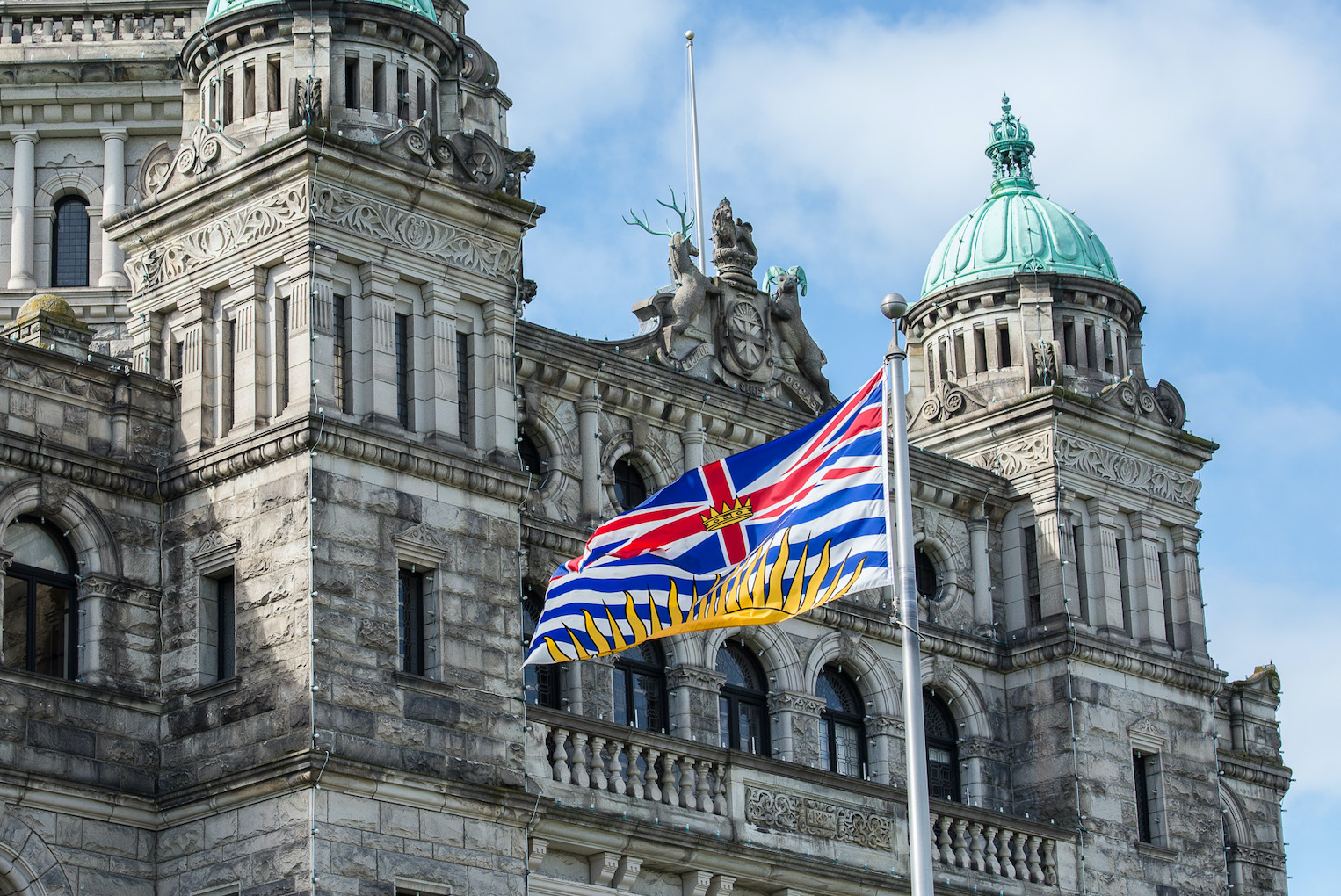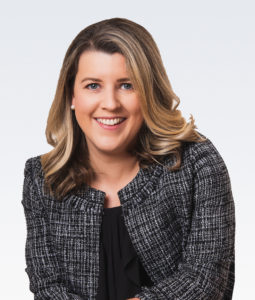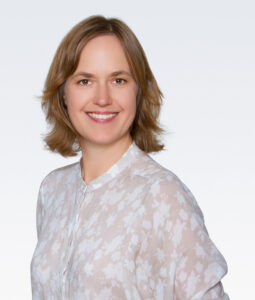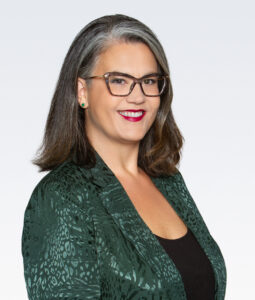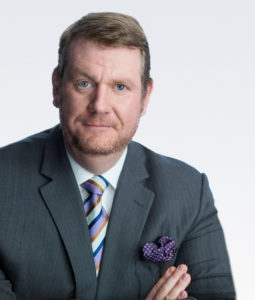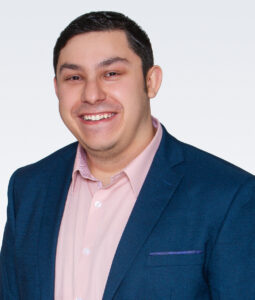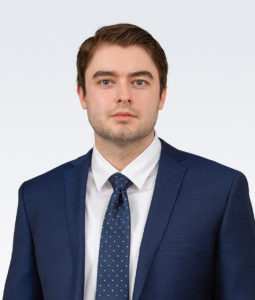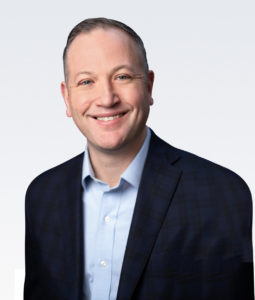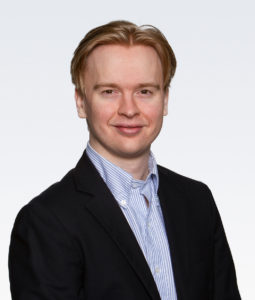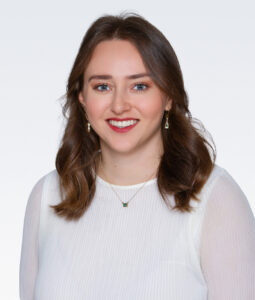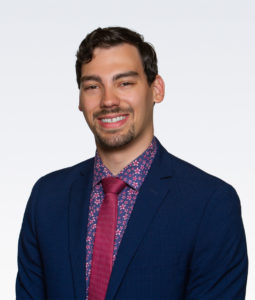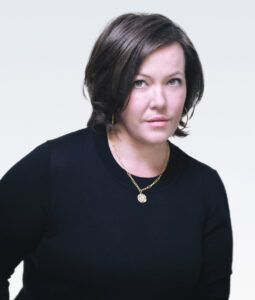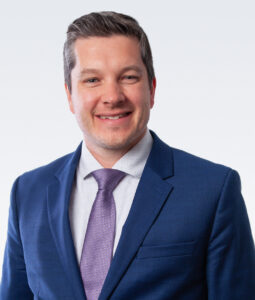The British Columbia legislature resumed sitting on Tuesday, October 3, after the summer break.
Fall priorities
The fall session is the second legislative session for Premier David Eby since he was sworn in last November. The premier spent the summer on a heavy tour schedule to communities in British Columbia, following his commitment to ensure people have an opportunity to get to know him prior to an election on or before October 19, 2024.
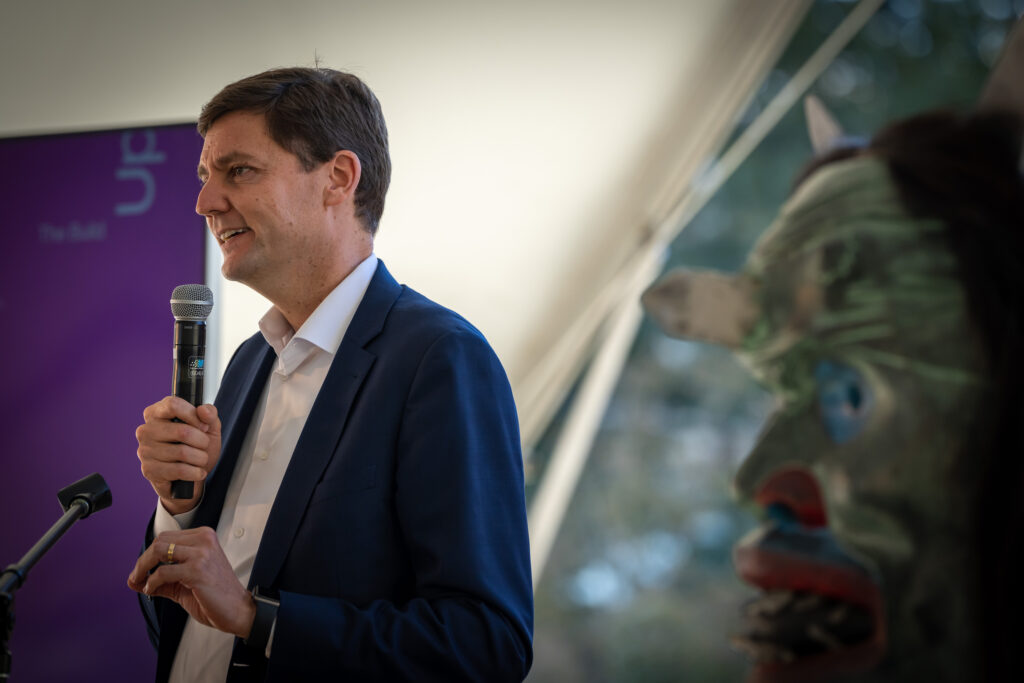
Central themes to the new administration have continued to focus on affordability, addressing the housing crisis, strengthening the health care system, community safety, climate action and building an inclusive economy. Reconciliation also remains a policy priority for the government with B.C.’s Declaration Action Plan into year two of implementation.
With the premier indicating his intent not to call an early election, this fall is also critical for the NDP government. Entering the final year of the current mandate, the Eby government is working to address the multitude of issues following the pandemic, that are not limited to B.C., but which impact British Columbians and Canadian politics. With the B.C. budget set for February 22, 2024, priorities are being established and will reflect the policy direction of the premier and cabinet more than the previous budget which was already in development when the premier took office.
Shifts in the Legislature
Political dynamics in B.C. have been evolving over the summer with the resurgence of the B.C. Conservative Party at the expense of the recently re-branded BC United. In June, BC United’s work to introduce the new brand of the party to the public was impeded by two disappointing by-election results, placing fourth behind the Conservatives and BC Green Party in Langford-Juan de Fuca and second in Vancouver-Mount Pleasant. In September, the Conservative Party of B.C., led by former BC United MLA John Rustad, gained official party status in the legislature after Abbotsford MLA Bruce Banman crossed the floor to join Rustad.
This new parliamentary dynamic gives the MLAs from the Conservative Party standing equal to BC United and the BC Green Party in the legislature. As an official party, the Conservative MLAs will be able to participate in committee work, ask questions of the government during Question Period and be granted financial resources for staffing and research purposes, like the other official parties. This is a major win for the Conservative Party in B.C. and will grow the party’s profile at the expense of the centre-right BC United. It is also the first time in several decades that B.C.’s legislature has been made up of four official parties.
Two new MLAs were elected in the June by-elections for the BC NDP – Joan Phillip and Ravi Parmar – who filled the seats vacated by Melanie Mark and former Premier John Horgan. In September, Parksville-Qualicum MLA Adam Walker was removed from the BC NDP caucus by Premier Eby following unspecified misconduct findings.
A difficult summer
David Eby’s first summer as Premier was marked by the most expensive and destructive wildfire season on record. In fact, the B.C. first quarterly financial report marked a substantial uptick in the projected year-end deficit as wildfire expenses were $762 million higher than expected. The McDougall Creek wildfire alone claimed 300 structures and impacted the lives of tens of thousands of residents of the Okanagan Valley in the form of evacuation orders, alerts, and travel restrictions. 2,217 fires have been detected this year and 25,000 square kilometres have burned. For reference, Vancouver Island is 32,000 square kilometres.
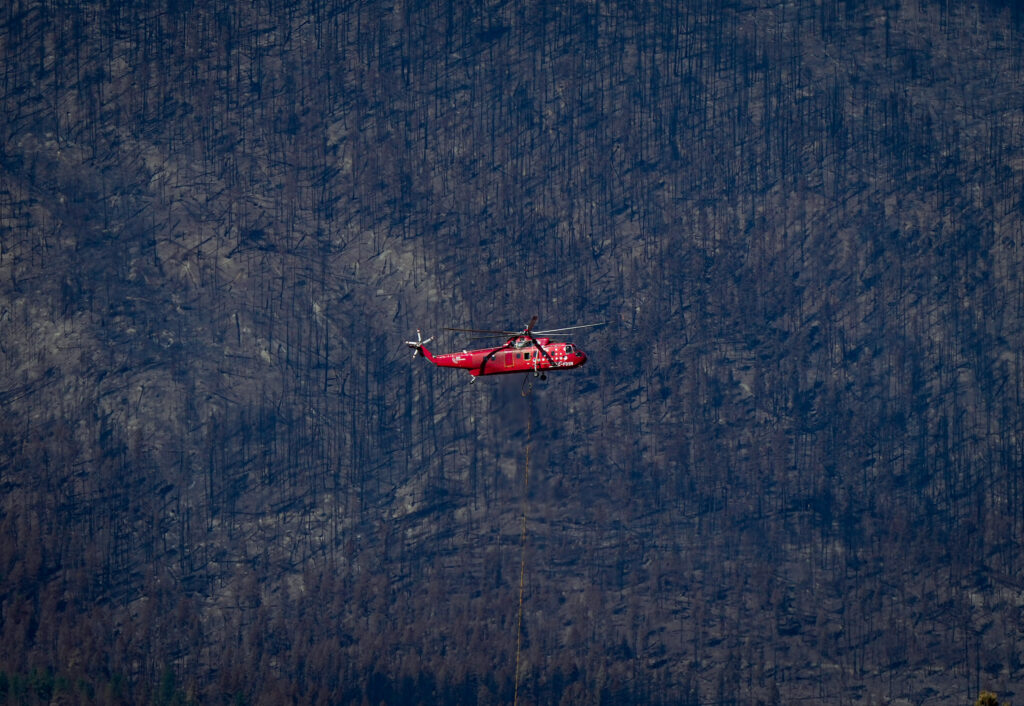
The cost of living and housing prices in British Columbia remain stubbornly high. Over the summer Premier Eby took the unprecedented step of sending a letter to the governor of the Bank of Canada urging him to consider the full human impact of interest rate increases. In early September, the Bank of Canada did indeed hold its benchmark interest rate but left the door open to more rate hikes if inflation ticks up further.
The cost of living unfortunately manifests itself in poverty for large sections of the population. British Columbia earned a D+ in the Food Bank of Canada’s first Poverty Report Card. According to the report card, 39 per cent of B.C. residents said they spent more than 30 per cent of their income on housing, and 27.6 per cent had an inadequate standard of living, meaning they could not afford two or more items from a list that included clothing, food, bills, electrical goods, home heating and cooling, replacements for broken items, and more.
Eby and Cabinet head to Ottawa
Premier Eby and cabinet members including Housing Minister Ravi Khalon, Minister of Jobs, Economic Development and Innovation Brenda Bailey, Transportation and Infrastructure Minister Rob Fleming, Attorney General Niki Sharma, Tourism, Arts, Culture and Sports Minister Lana Popham and Minister Water, Land and Resource Stewardship Nathan Cullen were in Ottawa September 25 and 26.
As both the federal and provincial governments enter their budgeting periods, and B.C. comes through the expensive wildfire season and drought, topics included partnering to address the housing crisis, clean energy growth and Indigenous partnerships. Premier Eby indicated an intent to seek increased meetings and collaborations with federal counterparts.
Election on the horizon
With an election a year away, pre-election posturing will dominate the policy discourse in the legislature and in the public domain. The election will be conducted on new boundaries after the province undergoes electoral boundary redistribution.
Recent polls have shown the BC NDP continue to maintain public support. According to the website 338Canada, which averages the most recent provincial polls, (as of September 26) the BC New Democratic Party is leading with 46 per cent support, BC United has 22 per cent, the BC Conservative Party is in third place at 18 per cent, while the BC Green Party stands at 13 per cent.
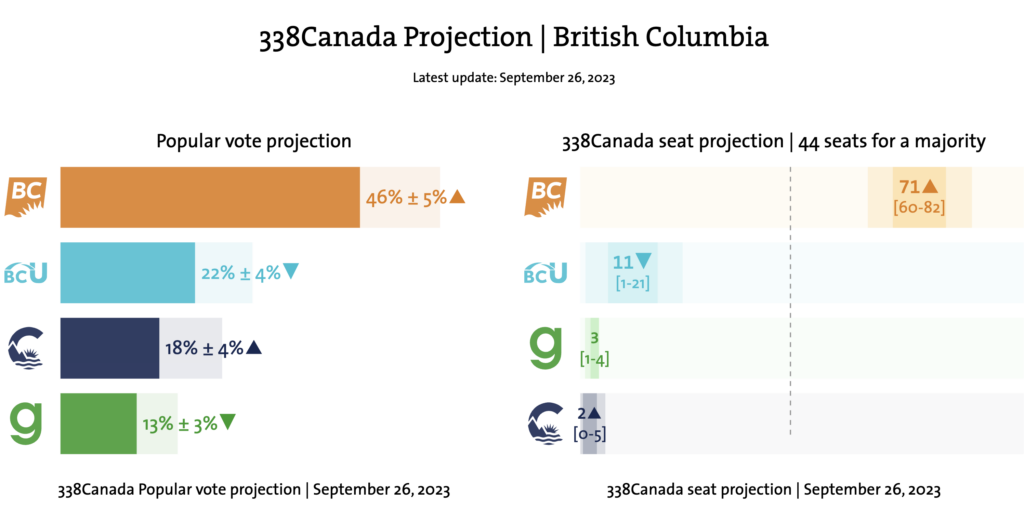
BC United Leader Kevin Falcon has spent much of the spring introducing the newly renamed party, after BC Liberal Party members voted to rebrand the party at the 2022 party convention. Falcon, with no shortage of issues such as public safety, health care, and cost-of-living with which to challenge the NDP, needs to establish himself and his party as a government in waiting. Falcon continues to criticize the government for over-promising and under-delivering. He speaks often about how the government sees success – they talk about how much they have spent in various areas but don’t actually achieve results. “It is time for the end of empty rhetoric, it is time for a government that gets results.”
Premier Eby will attend his first BC NDP Convention as Leader November 17-19 in Victoria.
